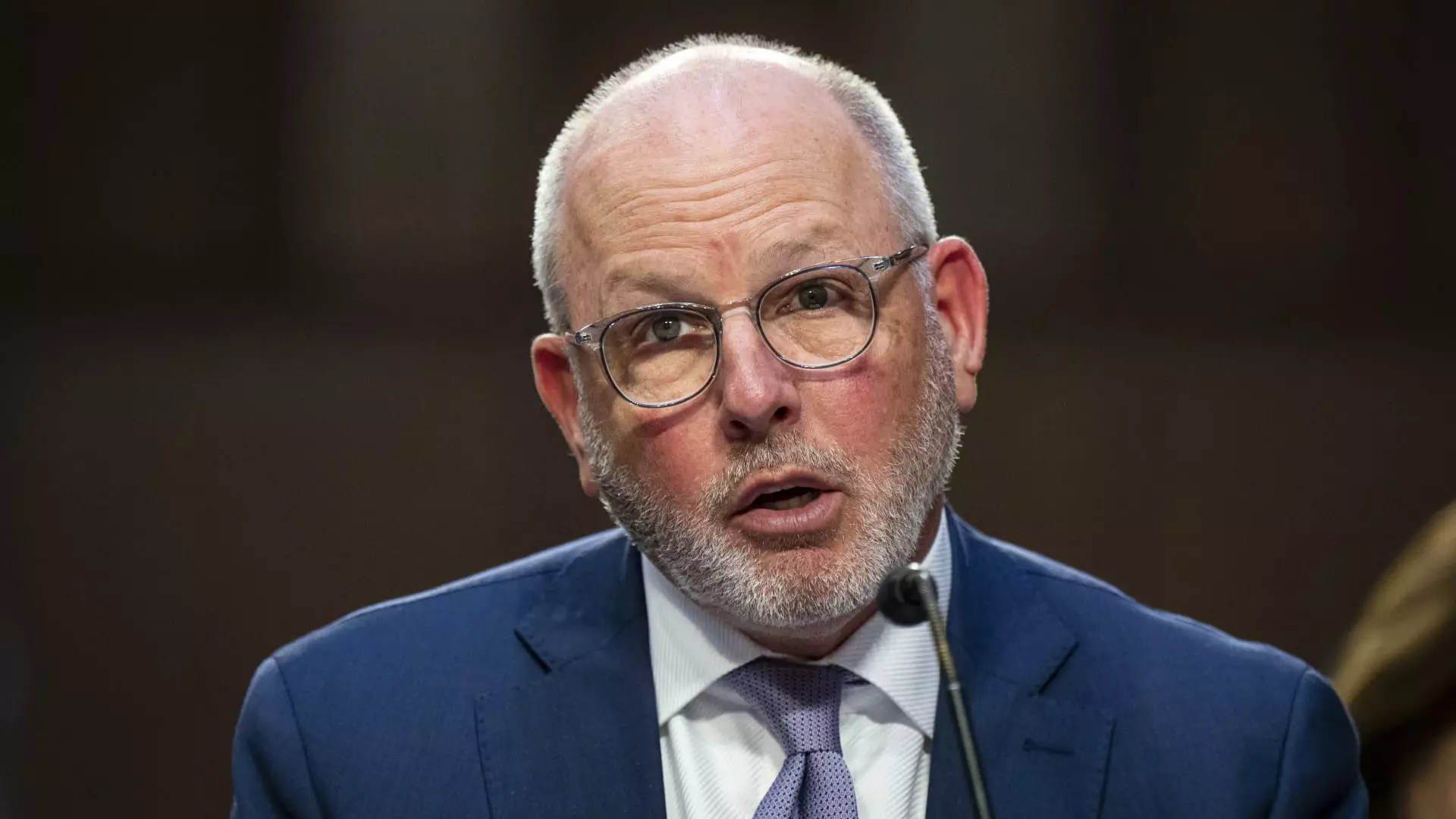The ongoing debate surrounding pharmacy benefit managers (PBMs) reveals a complex interplay of interests in the healthcare industry. At the heart of this discussion is the role of PBMs like CVS Health’s Caremark, which some critics accuse of inflating medication prices while simultaneously acting as intermediaries between drug manufacturers and consumers. Recent statements made by CVS Health’s CEO David Joyner have added fuel to this already heated discourse, shifting the blame for high drug costs from PBMs to manufacturers. This article delves into the arguments presented by Joyner, the criticisms faced by PBMs, and what this means for the broader healthcare landscape.
Pharmacy benefit managers serve as crucial intermediaries within the prescription drug supply chain, negotiating rebates with manufacturers on behalf of insurance plans and determining which drugs are covered. By doing so, they shape the costs patients ultimately face. Joyner contends that PBMs like Caremark are instrumental in mitigating rising healthcare costs, claiming they focus solely on reducing prices for consumers. However, the reality is more nuanced. Lawmakers and health advocates argue that PBMs often fail to pass on savings to patients and, instead, retain a significant portion of negotiated discounts for themselves.
This perspective raises questions regarding the transparency of PBM operations. The intricate contractual arrangements between these middlemen and pharmaceutical companies often obscure the actual costs of drugs. Consequently, patients, who are profoundly affected by these pricing mechanisms, find themselves navigating a confusing system where high out-of-pocket costs are common, despite the existence of negotiated rebates.
Joyner’s commentary included an assertion that drug manufacturers possess “monopolistic tendencies,” which he argues contribute to inflated drug prices in the U.S. While manufacturers do hold substantial market power, particularly with patented drugs, the claim that they alone shoulder the blame for rising costs ignores systemic issues pervasive in the healthcare system. Industry critics assert that both PBMs and manufacturers participate in a complex game of pricing strategies, where profits often overshadow the notion of fairness or patient access to affordable medications.
Moreover, Joyner’s statistics regarding the influence of branded manufacturers on drug spending raise eyebrows. He claimed that manufacturers increased gross drug spending by $21 billion within a few weeks, yet he did not provide specific sources for this figure. As criticism mounts regarding the accountability of PBMs, the lack of transparent data only fuels the narrative that these entities operate without adequate oversight and can manipulate narratives to their advantage.
A clear sentiment emerging from political and public discourse is that both PBMs and pharmaceutical manufacturers require substantial reform. Investigations by bipartisan congressional representatives and state attorneys general into the practices of PBMs indicate a growing recognition of the need for accountability in drug pricing. By focusing the conversation on the practices of PBMs, stakeholders can push for changes that enhance transparency and ensure that savings from negotiated discounts reach patients.
While Joyner argues that PBMs generate over $100 billion in net value for the healthcare system by driving down prices, the challenge remains in validating these claims in a manner that fosters trust among patients and legislators alike. The persistence of skepticism surrounding the operations of PBMs suggests that reform efforts should include mechanisms that ensure these entities remain accountable for their pricing strategies.
The controversy surrounding pharmacy benefit managers and their role in the drug pricing system underscores a critical issue in healthcare today: the need for fairness and transparency. While the arguments put forth by CVS Health’s David Joyner reflect an effort to position PBMs as heroes in the quest to control costs, the emergence of concerns regarding accountability cannot be overlooked. For the healthcare system to truly succeed in providing affordable medications, all stakeholders, from manufacturers to PBMs, must be held accountable for their practices. As discussions continue, the call for reform remains vital in paving the way for a more equitable healthcare landscape.

